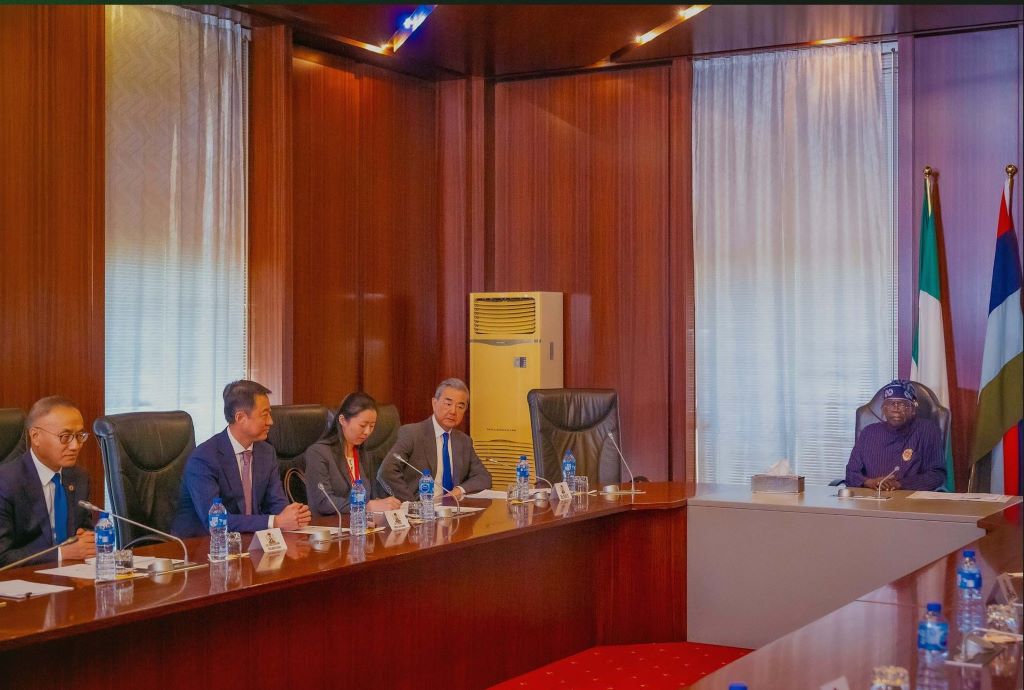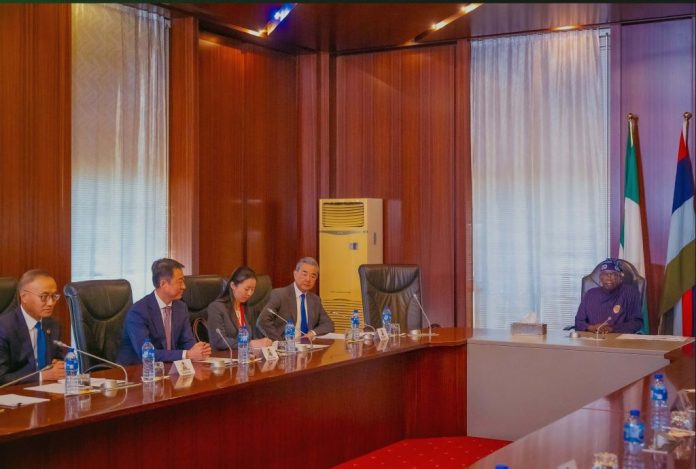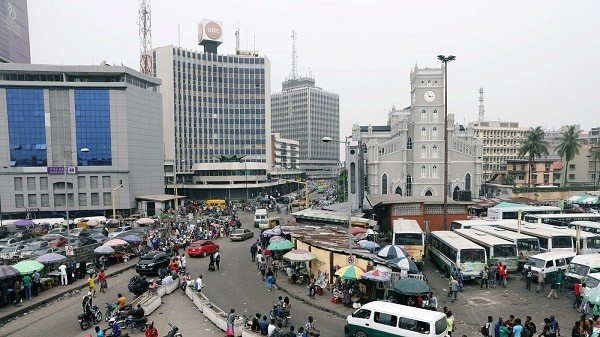Nigeria and China have reached a preliminary agreement to enhance their existing $2 billion currency swap deal. President Bola Ahmed Tinubu initiated this discussion during a meeting with Chinese Foreign Affairs Minister Wang Yi at the State House in Abuja on Thursday. The currency swap agreement facilitates trade between the two countries by allowing transactions directly in the Chinese yuan and the Nigerian Naira.
President Tinubu told the visiting Chinese official, “We still demand more in the area of currency swap. The level you have approved as a government for Nigeria is inadequate, considering our programme. If you can increase that, it will be well appreciated.” He emphasized that increasing the currency swap could accelerate infrastructural development and strengthen bilateral relations.
In addition to the currency swap, Tinubu urged his visitor to review the $50 billion aid package for Africa announced by Chinese President Xi Jinping last year. He asserted that “the infrastructural needs of Africa are greater than that,” highlighting the necessity for improved funding to match the continent’s developmental goals.

Tinubu also called on China to support Nigeria’s bid for a permanent seat on the United Nations Security Council, saying, “You are a member of the UN Security Council. We want you to use your influence to ensure Nigeria secures the seat.”
However, the president appreciated China’s past support, telling Mr. Yi, “Africa values the relationship with China, and we seek deeper collaboration for infrastructural development.” He also reflected on his previous visit to China during the Forum on China-Africa Cooperation (FOCAC), where he signed several memorandums of understanding (MOUs).
Yi’s Positive Response
Minister Wang Yi responded positively to Nigeria’s request for an increased currency swap, saying, “We will favourably study and consider the issue. Our cooperation is going well in many ways, especially in finance.”
Yi also welcomed Nigeria’s plan to issue Panda bonds—renminbi-denominated bonds available to non-Chinese entities in China’s domestic market—stating, “We have full confidence in Nigeria’s credibility. Nigeria will gain good revenue by issuing Panda bonds, and safety is guaranteed through financial support.”
Yi said China remains committed to Nigeria’s infrastructure needs, especially in railway development. He noted, “Just a few days ago, Chinese banks supported the financial funding for building phase three of the railway modernization project.”
The foreign minister reaffirmed the comprehensive nature of Nigeria-China cooperation and said they would like to see it deepen further on the part of China.
The issuance of Panda bonds represents a strategic opportunity for Nigeria to tap into China’s vast investor base. Funds raised through this initiative could help address Nigeria’s budget deficits and finance critical infrastructure projects, aligning with the nation’s broader economic growth strategy.
Comment, Like 👍, share this article, and Follow us on our social media handles.







